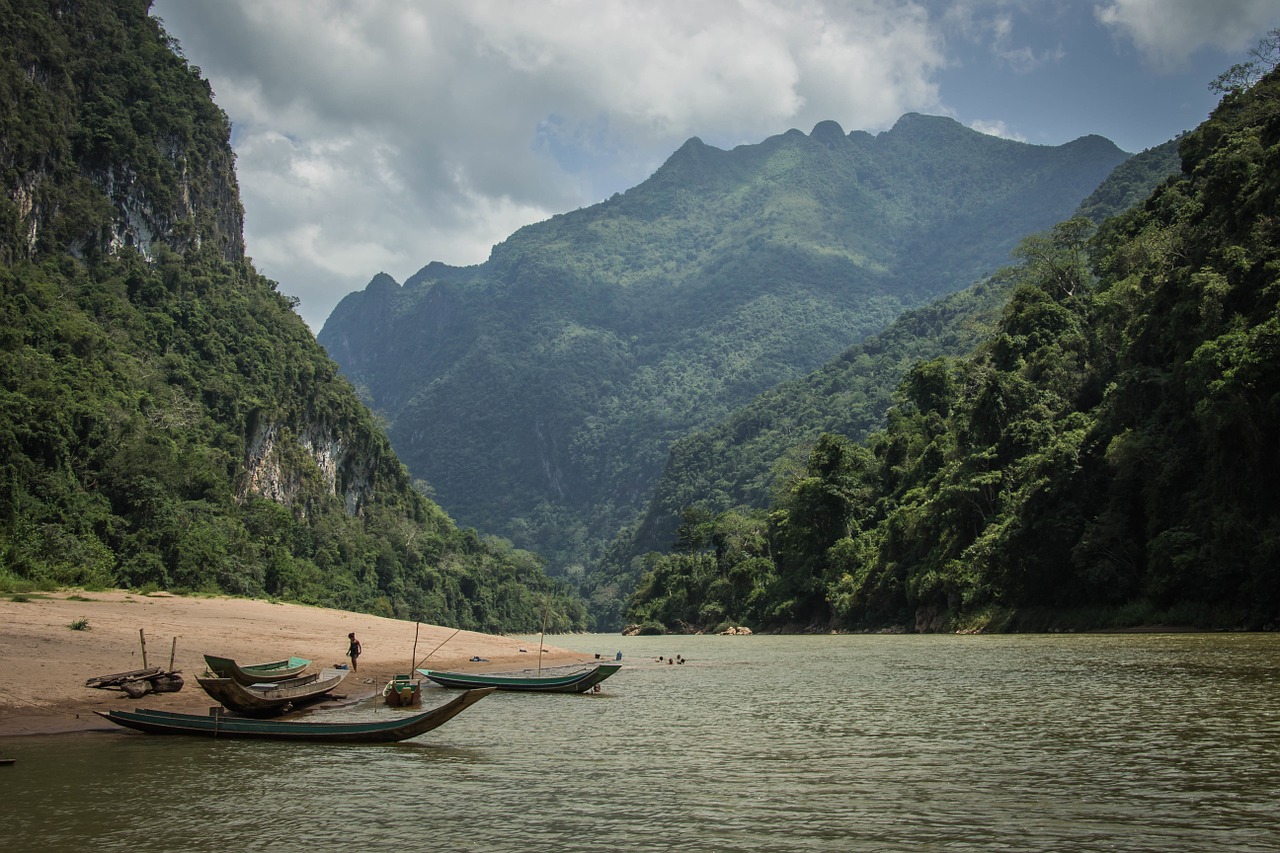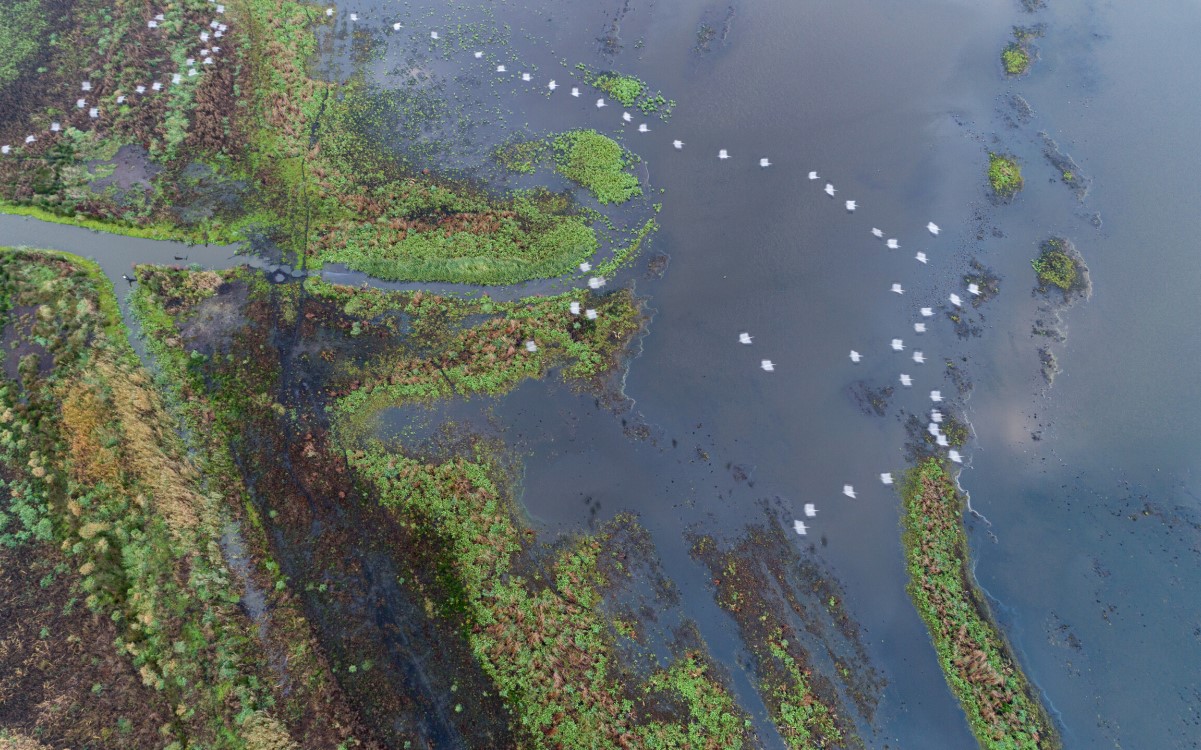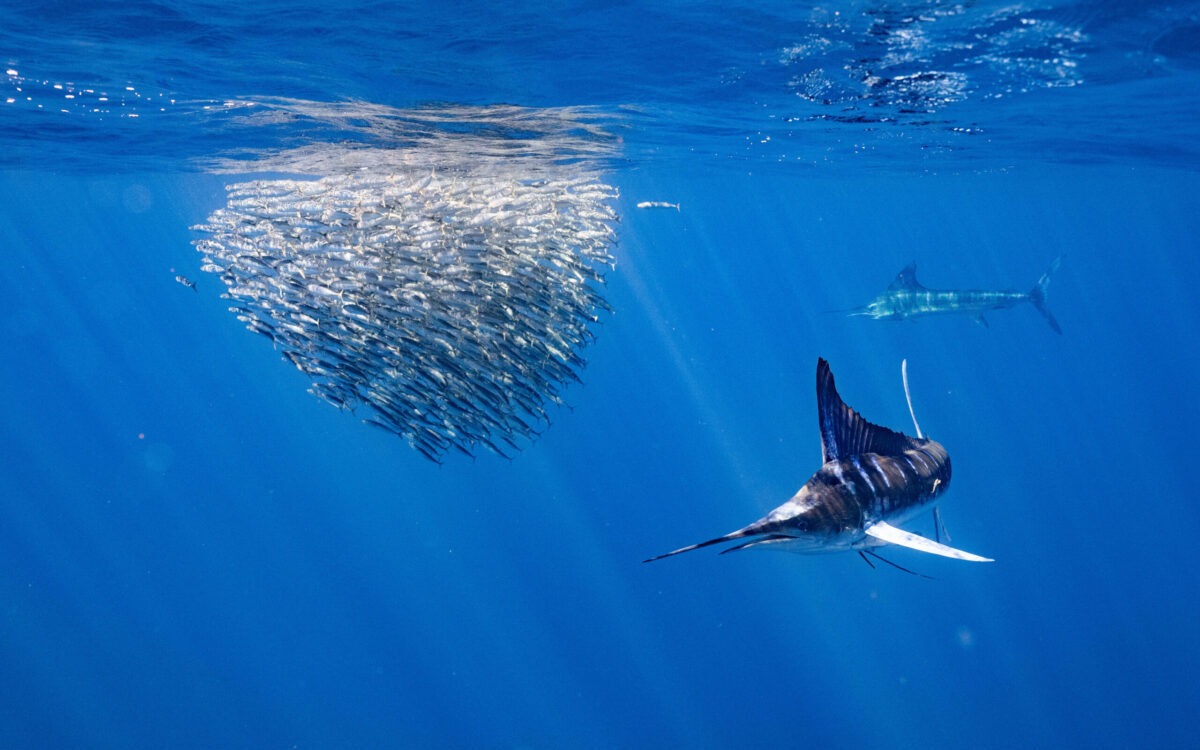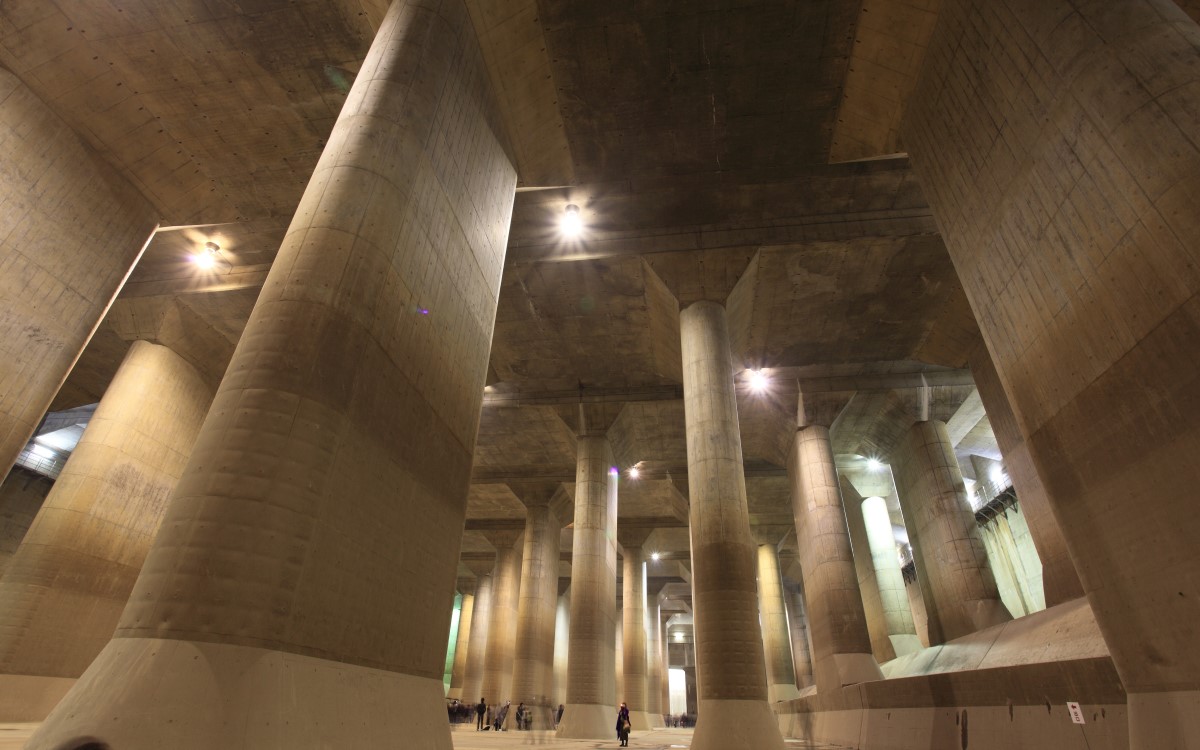Worldwide, indigenous peoples are mobilizing against the neoliberalization of nature, demonstrating radically different ways of knowing, being and living. This includes a different view on mountains, rivers, stones as well as on plants, animals, fruits and seeds: Everything lives and is sacred. In 2010, the UN acknowledged water as a human right, while in 2017 New Zealand, India and Colombia established ground-breaking legal precedents by granting rivers human rights. For example, in New Zealand the third largest river of the island, the Whanganui river, was the first to be granted the same legal rights as a human being. The local Maori tribe of Whanganui in the North Island had fought for the recognition of their river as an ancestor for 140 years. Consequently, measures that have impacts on the environment, like using artificial fertilizers or herbicides in agriculture, are considered as violence to a living being [1].
RIVERS’s overarching research question is: To what extent can international human rights law come to grips with plurilegal water realities? This project engages with one of the most pressing questions of this century: the relationship between humans and nature. RIVERS tackles two intertwined core objectives:
- analyzing different ways of knowing and relating to water and life among indigenous peoples and their understanding of its (potential) violation by extractive projects,
- discussing the contributions, challenges and pitfalls of interlegal translation of differing water natures in plurilegal encounters at domestic and international levels.
The research project will develop a multi-sited analysis and empirical case-studies in three contexts: Colombia, Nepal and the UN human rights protection system. Through the lens of legal pluralism, this will foreground competing political and legal water realities that interrogate dominant understandings of the modern world. RIVERS will address two interrelated research challenges:
- indigenous visions/practices: beyond water as a natural resource and human right;
- the UN human rights system: towards counter-hegemonic water knowledge production. This project will pioneer new ways of thinking about water beyond the modern divides of nature/culture, providing clues about future paths towards reconceptualizing human rights.
The research is carried out by Lieselotte Viaene who has obtained the funding to develop her project at the Institute of Human Rights at the University of Deusto in Bilbao, Spain, during the next 5 years.
Lieselotte Viaene is a Belgian anthropologist with a PhD in Law (2011, Ghent University, Belgium). She holds a Marie Curie Individual Fellowship (2016-2018) at the Centre for Social Studies, University of Coimbra (Portugal) and is associate post-doctoral researcher at the Human Rights Institute, Ghent University (Belgium). Her research focuses on indigenous peoples’ rights, legal anthropology, transitional justice and indigenous ontologies and she has extensive academic and policy research experience in Guatemala, Ecuador, Colombia and Peru. Lieselotte also worked, amongst others, at the Office of the United Nations High Commissioner for Human Rights (OHCHR) in Ecuador. RIVERS stems from her long-term critical scholarly engagement with the complex challenges that inter-cultural/ontological encounters foreground within conventional human rights thinking and practice.
Reference: [1] Belkis Izquierdo, Lieselotte Viaene: Decolonizing transitional justice from indigenous territories. Peace in progress n° 34 June 2018







